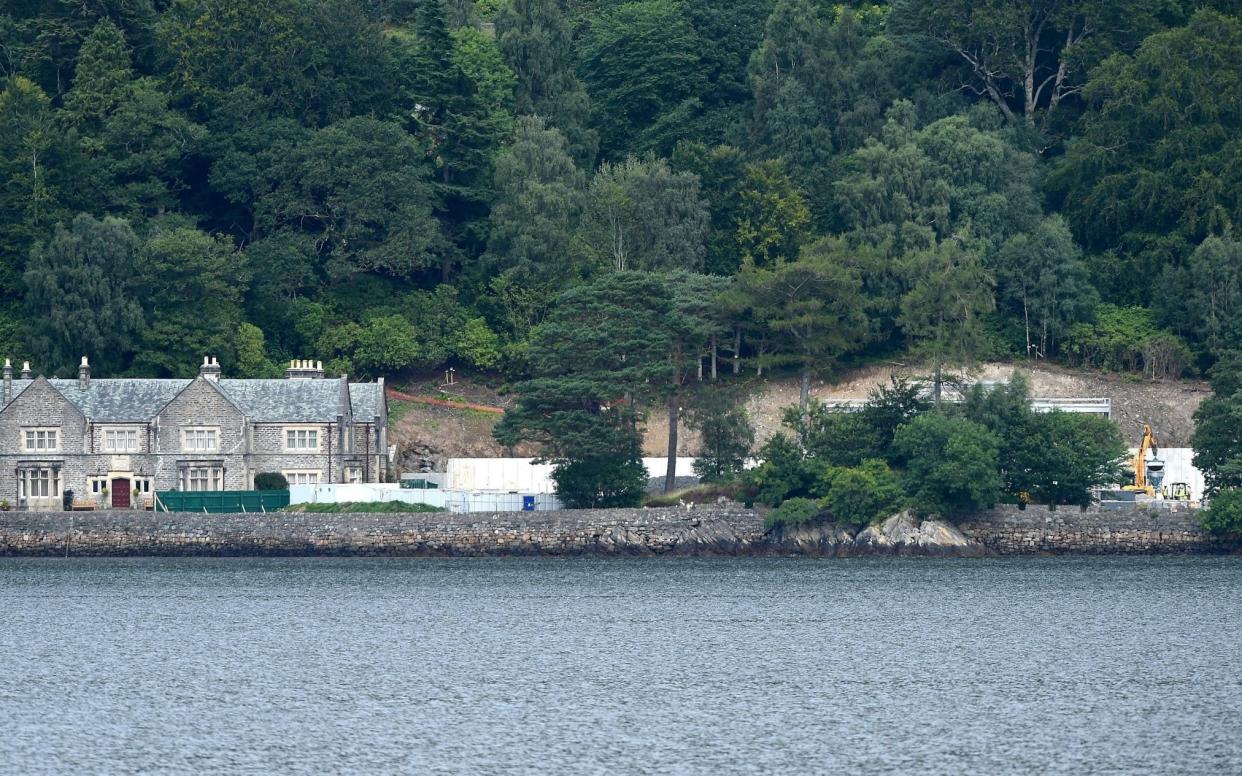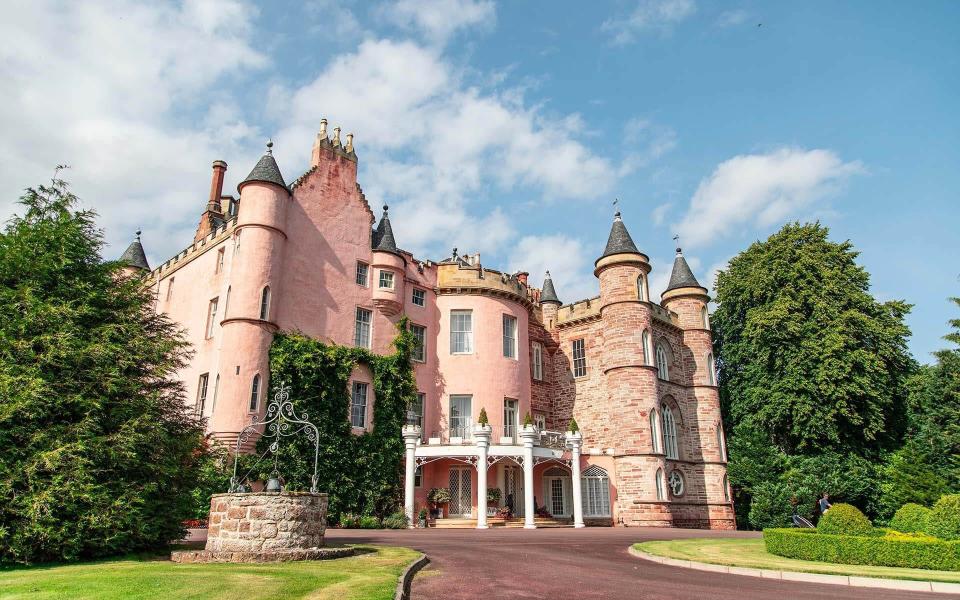SNP will block estate sales to curb ‘excessive power’ of landowners

SNP ministers would be able to block private sales of Scottish countryside estates and will attempt to compel lairds to publicly register their holdings under plans to curb the “excessive power” of landowners.
In a new consultation, the Scottish Government said that it planned to apply a “public interest test” to any large sale of land in Scotland, with the state to be granted unprecedented powers to block or attach conditions to a deal if a buyer or seller failed.
The nationalist SNP and Green administration also revealed that it is to explore a ban on anyone who does not pay tax in the UK or EU from purchasing significant land holdings in Scotland, in what it claimed was a bid to tackle absentee landlords.
Meanwhile, it is proposed that landowners would be forced to abide by a compulsory code of conduct, which would commit them to helping to “achieve social justice and build a fairer society” and supporting “a more diverse pattern of land ownership”.

The swathe of land reform proposals have been designed to tackle “historical inequalities” and the “privilege” enjoyed by large landowners, the SNP minister behind the plans said.
However, rural bodies warned that there could be major problems with a public interest test on transfers of land ownership, which could be challenged in court as a breach of property rights.
“The most important aspect of land is how well it is used – regardless of who owns it,” Stephen Young, head of policy at Scottish Land and Estates, said.
“This is going to be more crucial than ever as we rebuild economic activity and ensure that rural communities thrive again in the wake of the pandemic.
“As regards a public interest test on large-scale transfers of ownership, this is an issue that the Government itself has said is extremely complex and will need to be considered in great detail.”
The new package of proposals could have blocked some prominent landowners from purchasing Scottish estates, had they been in force at a time.
The Scottish Government acknowledged that UK Government cooperation may be needed to introduce a ban on non-UK or EU taxpayers from purchasing land.
However, had it been in place, it could have meant Sheikh Mohammed al Rashid, the billionaire ruler of Dubai, could not have acquired his 63,000 acre Scottish estate.
Other prominent foreigners to have large land holdings in Scotland are Yuri Shefler, a Russian billionaire who made his fortune in alcoholic drinks including Stolichnaya vodka.
Scotland’s largest landowner, Anders Povlsen, is an environmentalist and Danish billionaire who built a fashion retail empire.
Under the new plan, it is also proposed that holdings would have to be submitted to an existing public land register before owners can qualify for taxpayer-funded subsidies, such as those for tree planting.
It is believed that just under 400 land titles in Scotland relate to areas of at least 3,000 hectares, or 7,413 acres, the proposed threshold for the rules to apply. These holdings cover just over a fifth of Scotland’s land mass.
The public interest test for land sales would examine “whether, at the point of transfer of a large-scale landholding, a risk would arise from the creation or continuation of a situation in which excessive power acts against the public interest,” the consultation said.
Conditions imposed could involve requiring the land to be sold off in smaller lots and offering first refusal to community bodies, who would also usually have to be informed of an owner’s intention to sell.
Possible harm to the economy
Rachel Hamilton, the Scottish Tory spokesman for rural affairs, said she feared the move would make it more difficult to buy and sell land and therefore harm the economy.
Landowners could also be fined if they do not comply with a “Land Rights and Responsibilities Statement”, currently a voluntary document, under the proposals.
Mairi McAllan, the SNP’s land reform minister, said the new Bill, to be introduced by the end of the year, would represent “a significant step forward” in ensuring land is owned more equitably and used “to the benefit of the people of Scotland”.
She added: “We continue the work to pass more power to people and local communities, encourage and support responsible and diverse land ownership and ensure communities have a say in how land is used.”

